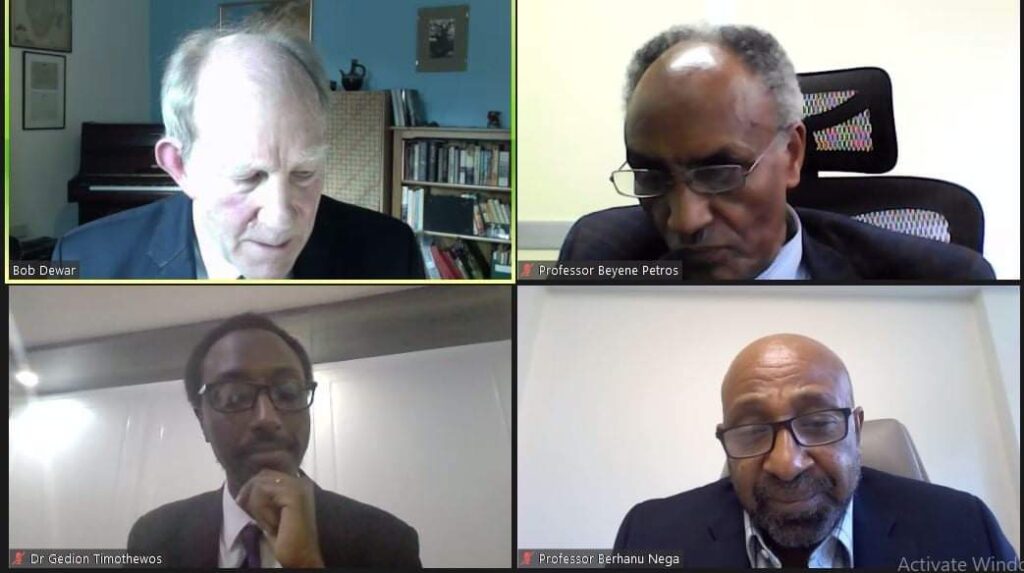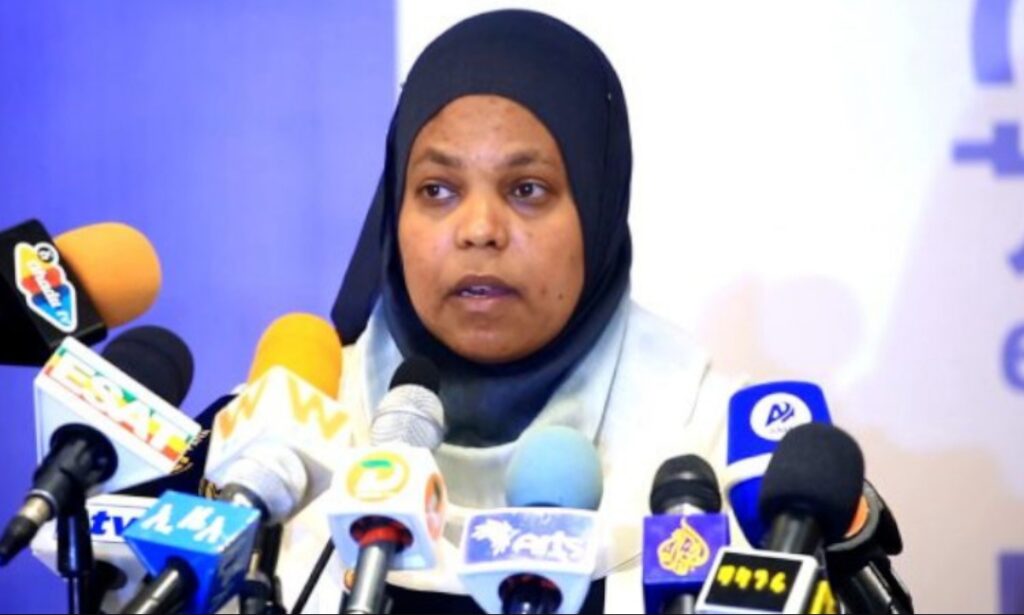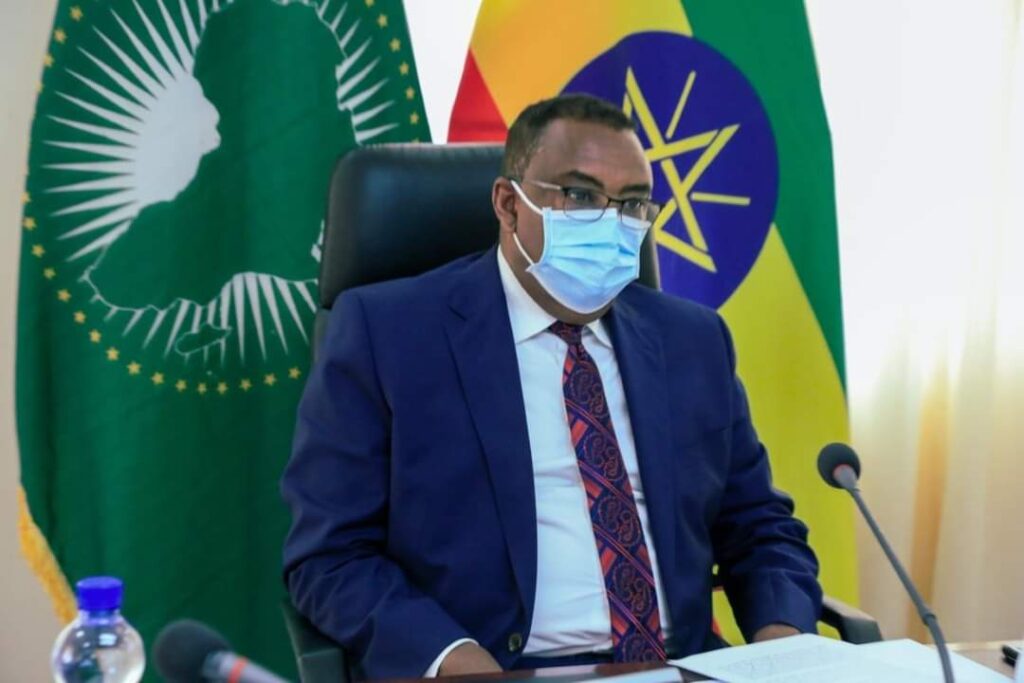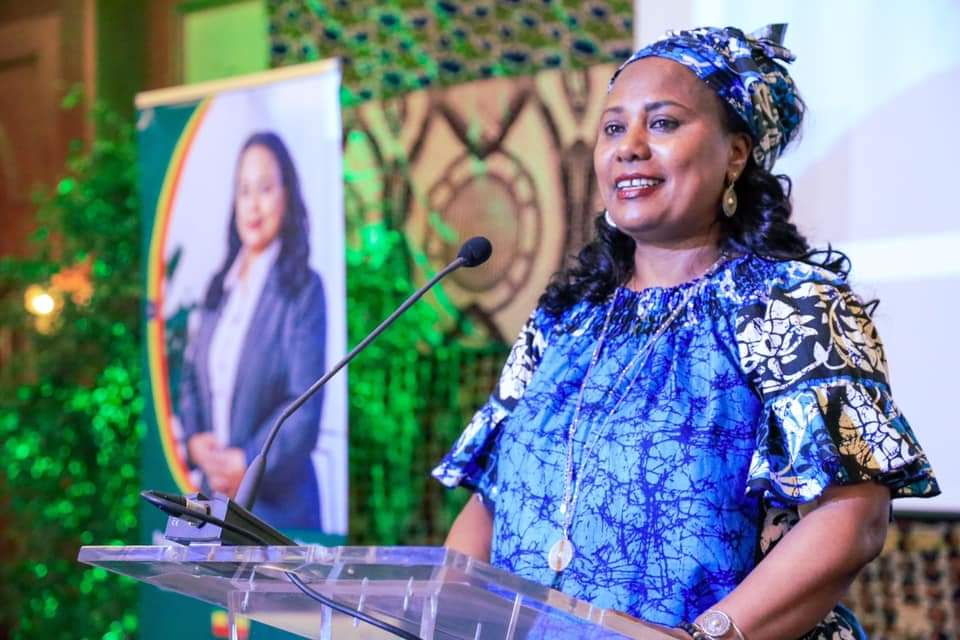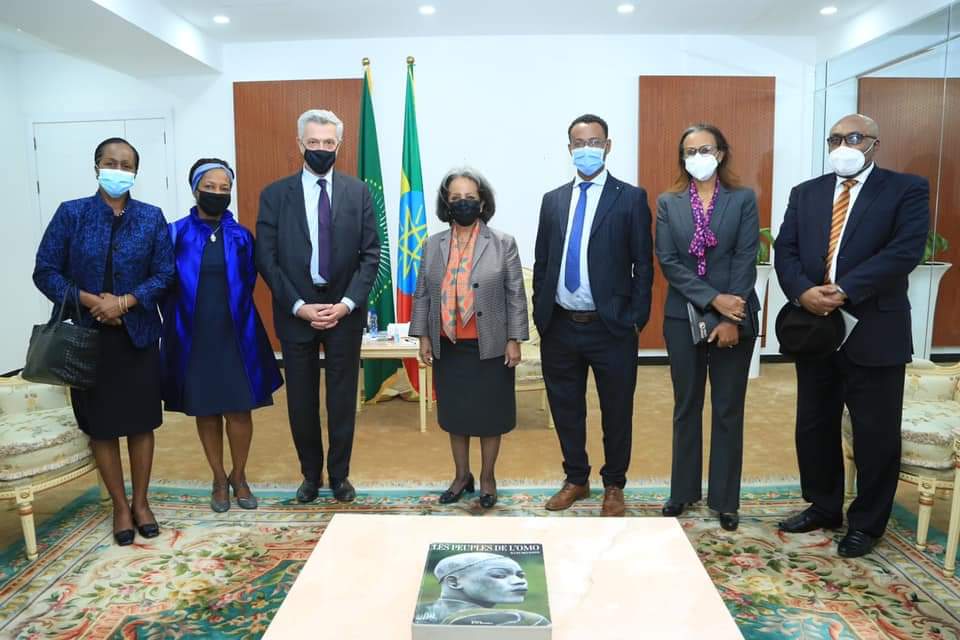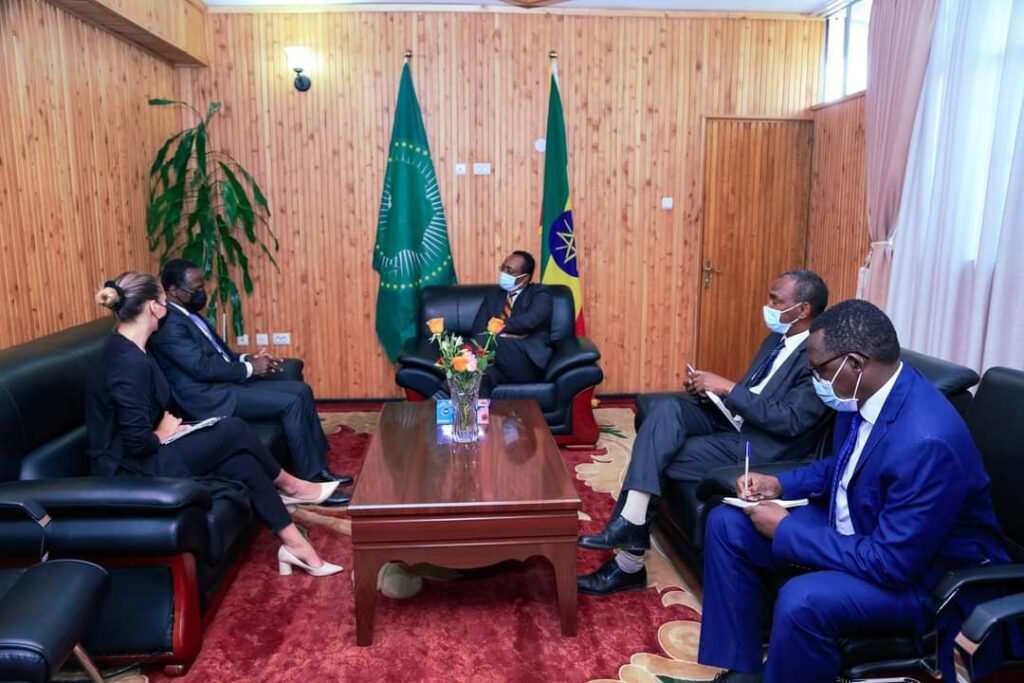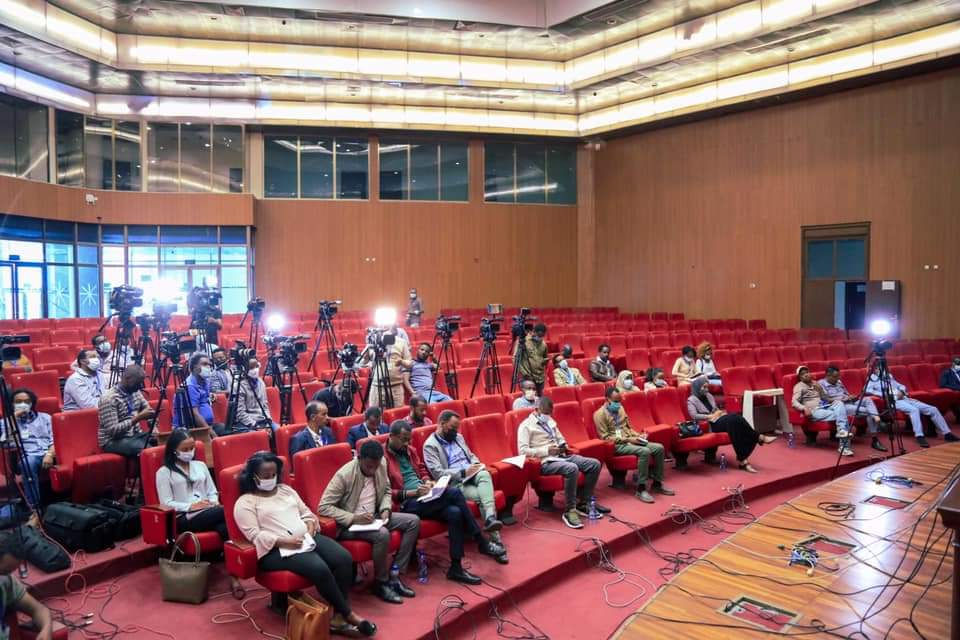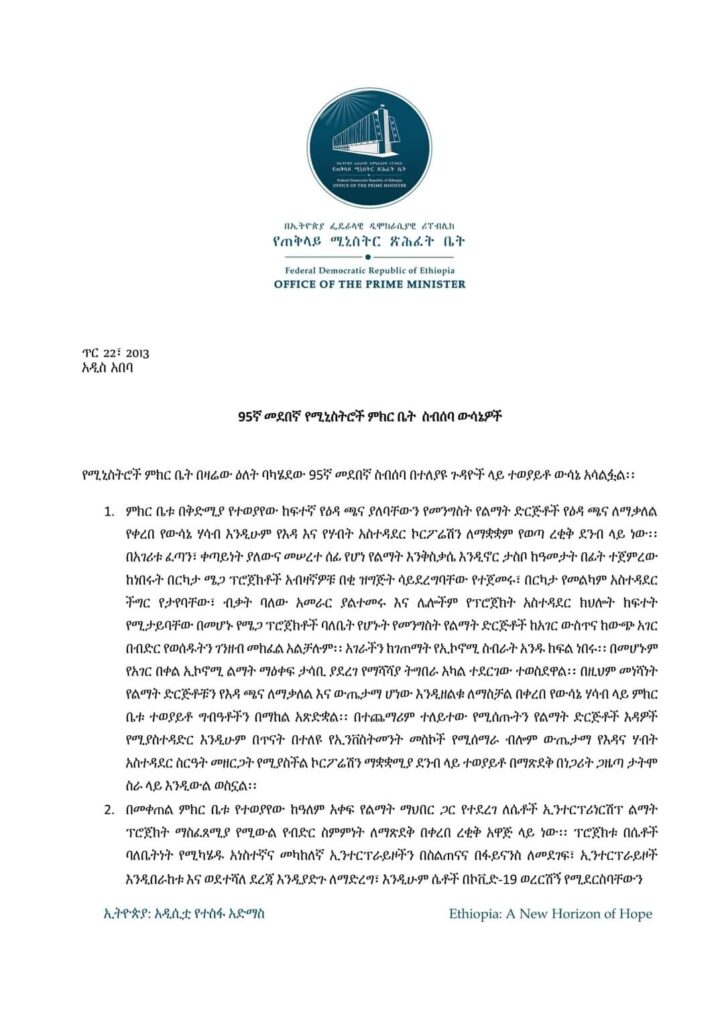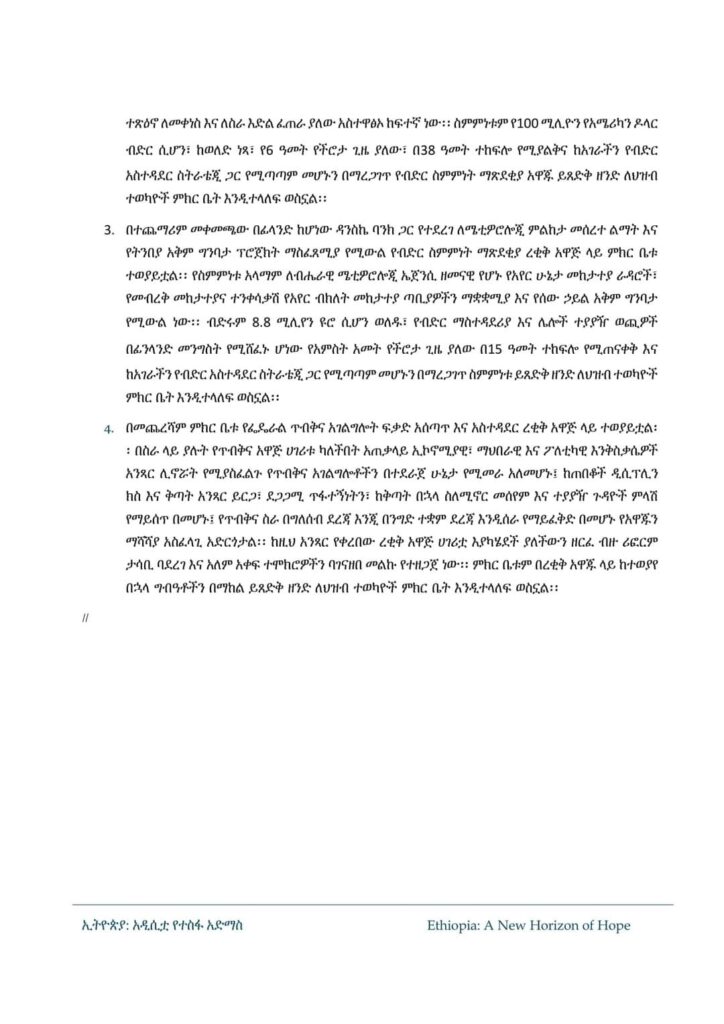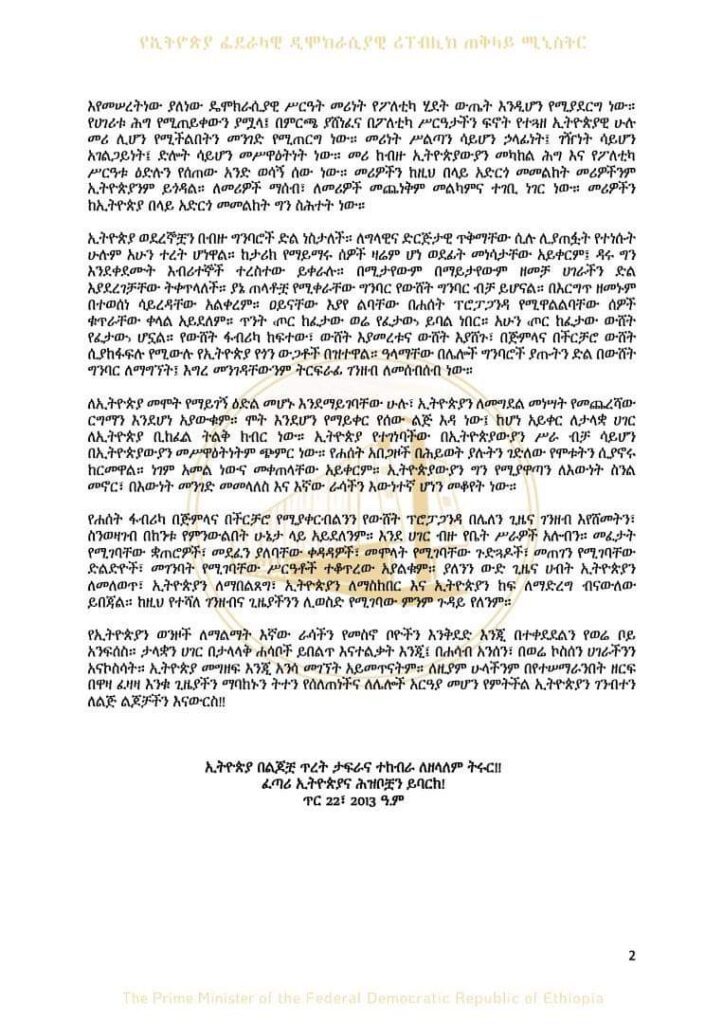Chatham House Africa Programme has held a Webinar today (February 03) under the theme, “Ethiopia’s Elections: Context, Challenges, and Prospects for Pluralism” where government officials and leaders of competing political parties appeared as speakers.
The panel discussed preparations for the polls and the possibility of having secure, free, and fair elections from the perspectives of the government of Ethiopia and competing political parties.
Head of the National Electoral Board of Ethiopia (NEBE), Ms. Birtukan Mideksa, Attorney General of the Federal Democratic Republic of Ethiopia, Dr. Gedion Timothewos, Chairman of Ethiopian Social Democratic Party (ESDP), Professor Beyene Petros, and Chairman of Ethiopian Citizens for Social Justice (EZEMA), Professor Berhanu Nega were guest speakers.
Ms. Birtukan said the upcoming election would be a substantial national undertaking where 50 million people are expected to register for voting in all of the regions in Ethiopia except in Tigray.
All of the political parties will have equal access to public facilities and the media, although the number of candidates, gender, and disability issues will be considered in the latter, she said.
She also said changes in nominating and appointing board members of NEBE and increment of engagements with civic society would pave the way to a fair and free election.
Given the legal and institutional level reforms that his office took so far, Dr. Gedion Timothewos said, the upcoming election is not the alpha and omega of the election process but a step to the long-term view to building a democratic system in the country.
Training is being provided to the law enforcement personnel to adopt the position of restraint and moderation during the election period, he said, adding that it would be the most genuine election we have entertained so far, although it might not be flawless.
Professor Beyene Petros acknowledged the various reforms and Prime Minister Abiy Ahmed’s initiatives that helped competing political parties to have a say in different matters.
He also cited issues related to financing elections, unpaid civil servants and candidacy, and lack of updates on election monitors and observers as challenges that he has observed.
Professor Berhanu Nega, on his part, said the upcoming election would be our chance to see a democratically elected government that is expected to entertain huge national questions in a civilized manner, without resorting to violence.
If we can succeed to have a genuine election in Ethiopia, the implication will be great to the rest of the continent and the future generation of Ethiopians, he added.
Ethiopian Ambassador to the UK, H.E. Teferi Melesse has also addressed the panel with a speech highlighting the government’s commitment to run a free and fair election.
Chatham House is an independent policy institute that envisages providing authoritative commentary on world events and offering solutions to global challenges.
Please click here to get access to the whole discussion: https://www.youtube.com/watch?v=ixwoVelt7LI&feature=youtu.be
